Biden’s Last-Minute Family Pardons: A Controversial Farewell
In a dramatic and unprecedented move, President Joe Biden issued a series of preemptive pardons to his family members during the final moments of his presidency on January 20, 2025. The controversial decision sent shockwaves through Washington and highlighted the increasingly polarized political landscape of the United States.
As the clock ticked down on his presidential term, Biden took the extraordinary step of pardoning several of his siblings and their spouses, a move that immediately sparked intense debate and speculation about his motivations. The pardons were viewed by many as a strategic effort to shield his family from potential future political attacks, particularly those threatened by former President Donald Trump.
The Pardons Explained
According to White House sources, Biden’s decision was rooted in a complex mix of personal protection and political preemption. The President emphasized that the pardons should not be interpreted as an admission of guilt, stating that his family members had done nothing wrong. Key points of the pardons include:
- Protection from potential investigations
- Shielding family members from political retribution
- Preventing possible future legal challenges
“These pardons are not about guilt or innocence,” Biden stated during a brief press conference. “They are about protecting my family from politically motivated witch hunts.“
The timing of the pardons was particularly dramatic, occurring while Biden was at the Capitol preparing for Trump’s inauguration. This strategic moment underscored the ongoing tension between the two political rivals and their respective administrations.
Broader Context and Implications
Biden’s pardons were not limited to his family members. He also extended clemency to notable figures such as Dr. Anthony Fauci and retired General Mark Milley, suggesting a broader strategy to protect individuals he believed had been unfairly targeted during previous political conflicts.
Critics were quick to condemn the move, with Trump allies arguing that the pardons represented a “greatest attack on America’s justice system“. They claimed the action undermined accountability and was purely politically motivated.
Public and Political Reaction
The pardons generated a mixed response across the political spectrum:
- Supporters viewed them as necessary protection
- Critics saw them as an abuse of presidential power
- Political commentators debated the long-term implications
Historical Context
The use of presidential pardons as a final act of executive power is not unprecedented. However, Biden’s approach—specifically targeting family members and potential political targets—represents a unique approach to the constitutional power of clemency.
Legal and Ethical Considerations
Legal experts have raised questions about the precedent set by such preemptive pardons. While the Constitution grants broad pardon powers to the President, the extent and motivation behind these specific pardons remain a subject of intense scrutiny.
Conclusion
Biden’s last-minute family pardons represent more than just a legal maneuver. They symbolize the deeply personal and political nature of contemporary American governance, where family, power, and protection intersect in complex and often controversial ways.
As the dust settles on this unprecedented action, one thing remains clear: these pardons will be remembered as a defining moment in Biden’s presidential legacy, reflecting the tumultuous political environment of the early 2020s.
Key Takeaways:
– Biden pardoned multiple family members in his final presidential moments
– The pardons were seen as preemptive protection against potential investigations
– The move sparked significant political and public debate
– It highlighted the ongoing tensions between Biden and Trump
Disclaimer: This article is based on reported events and represents an interpretative journalistic account of the pardons.
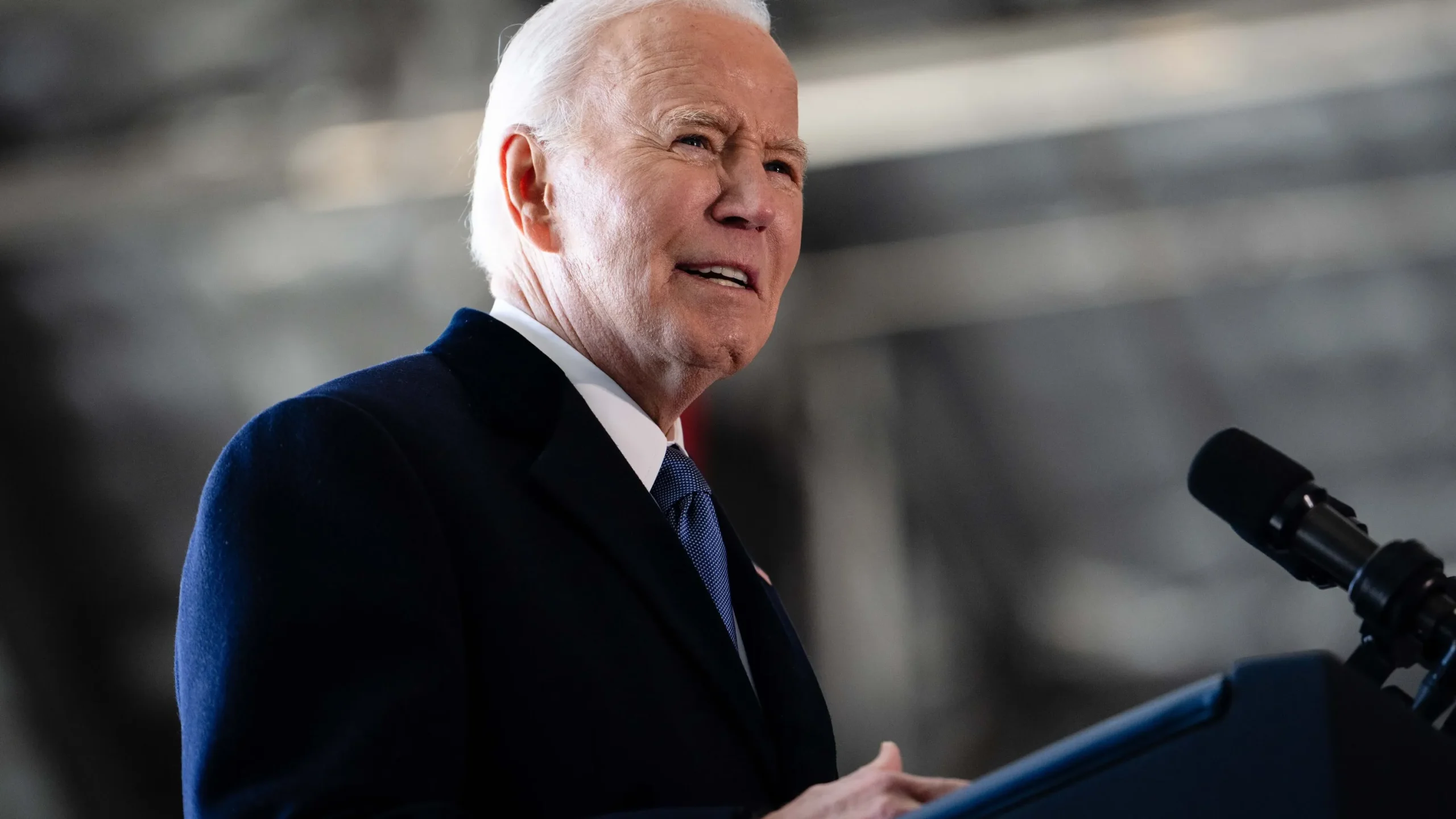

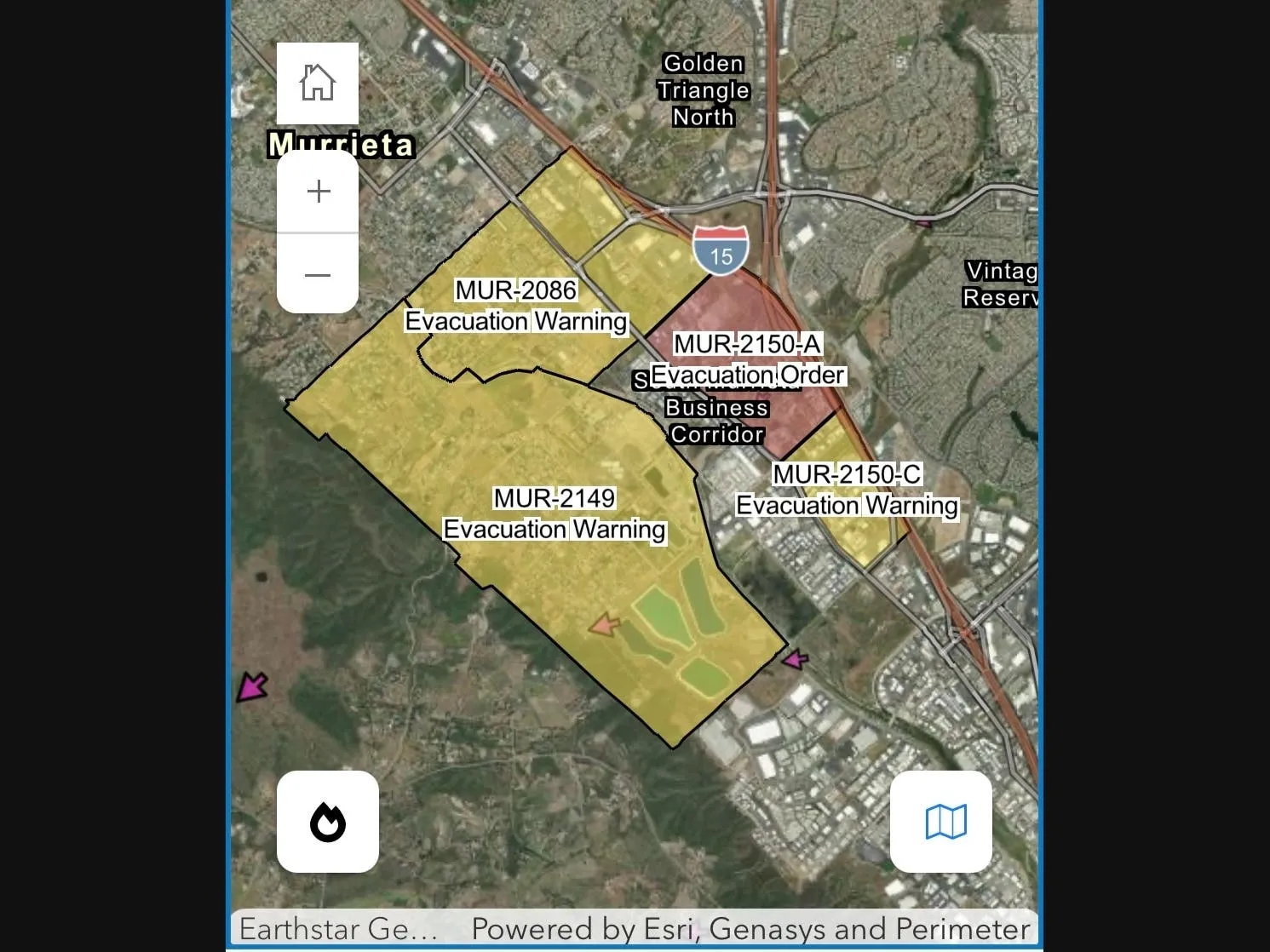
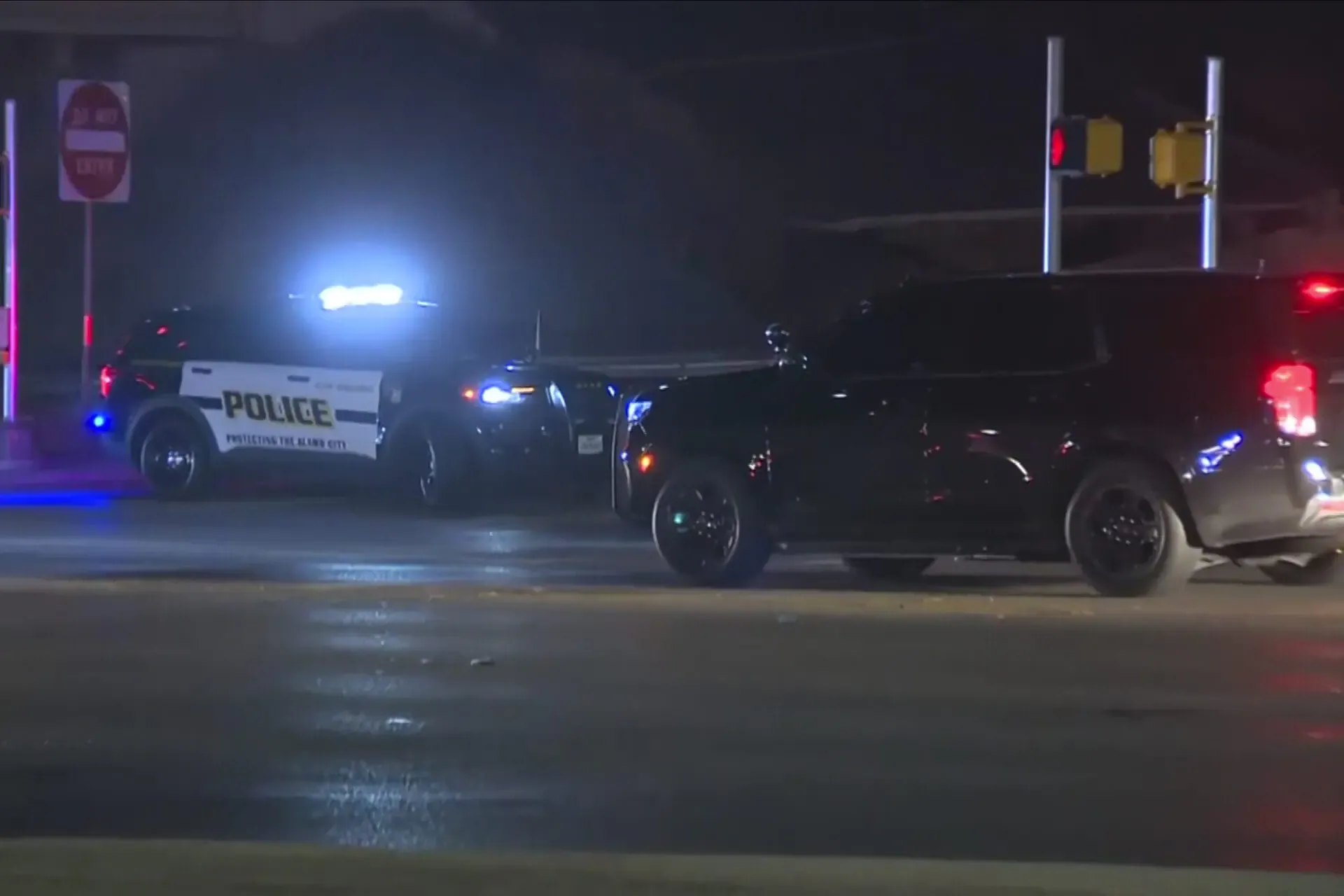
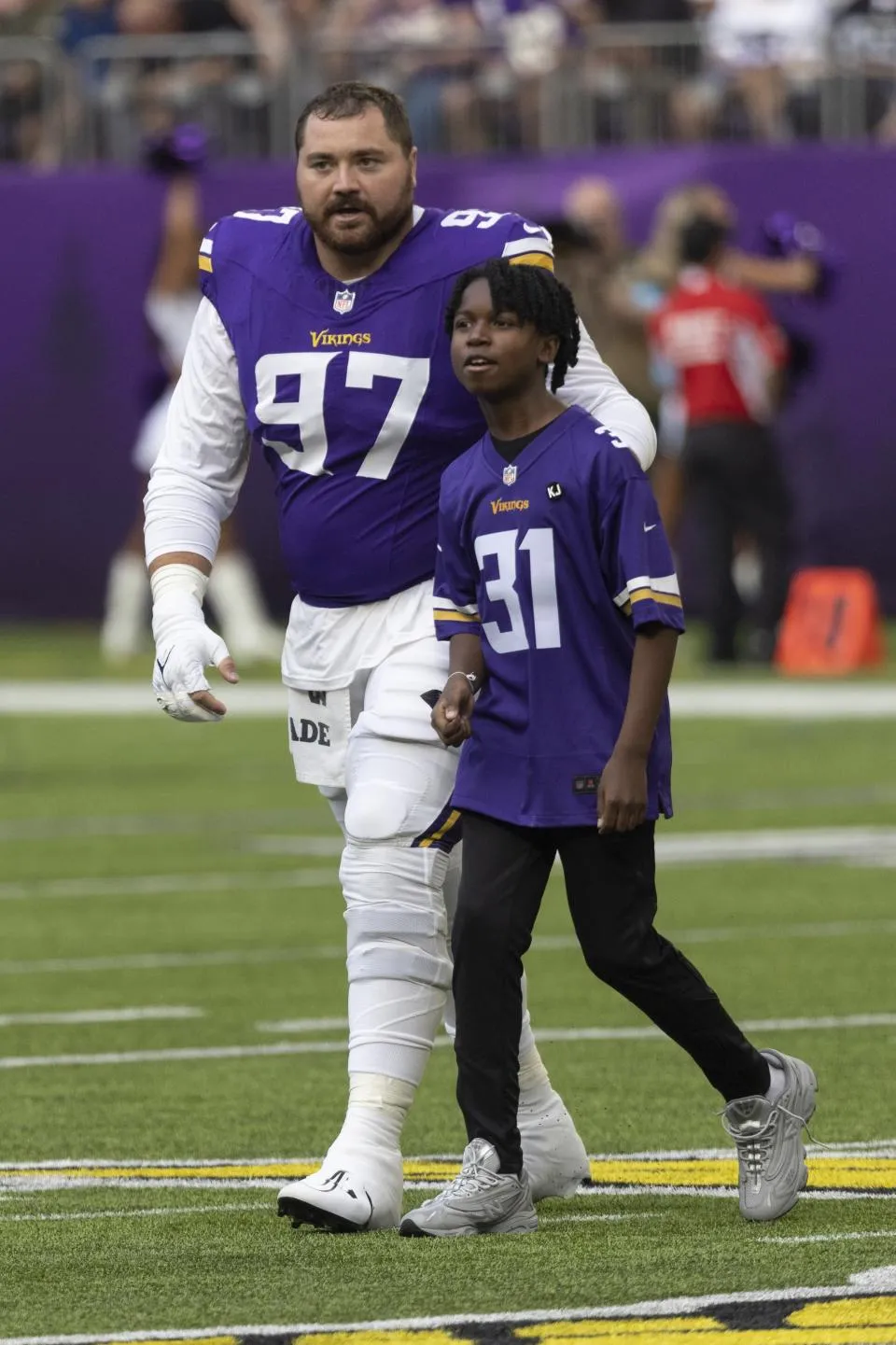
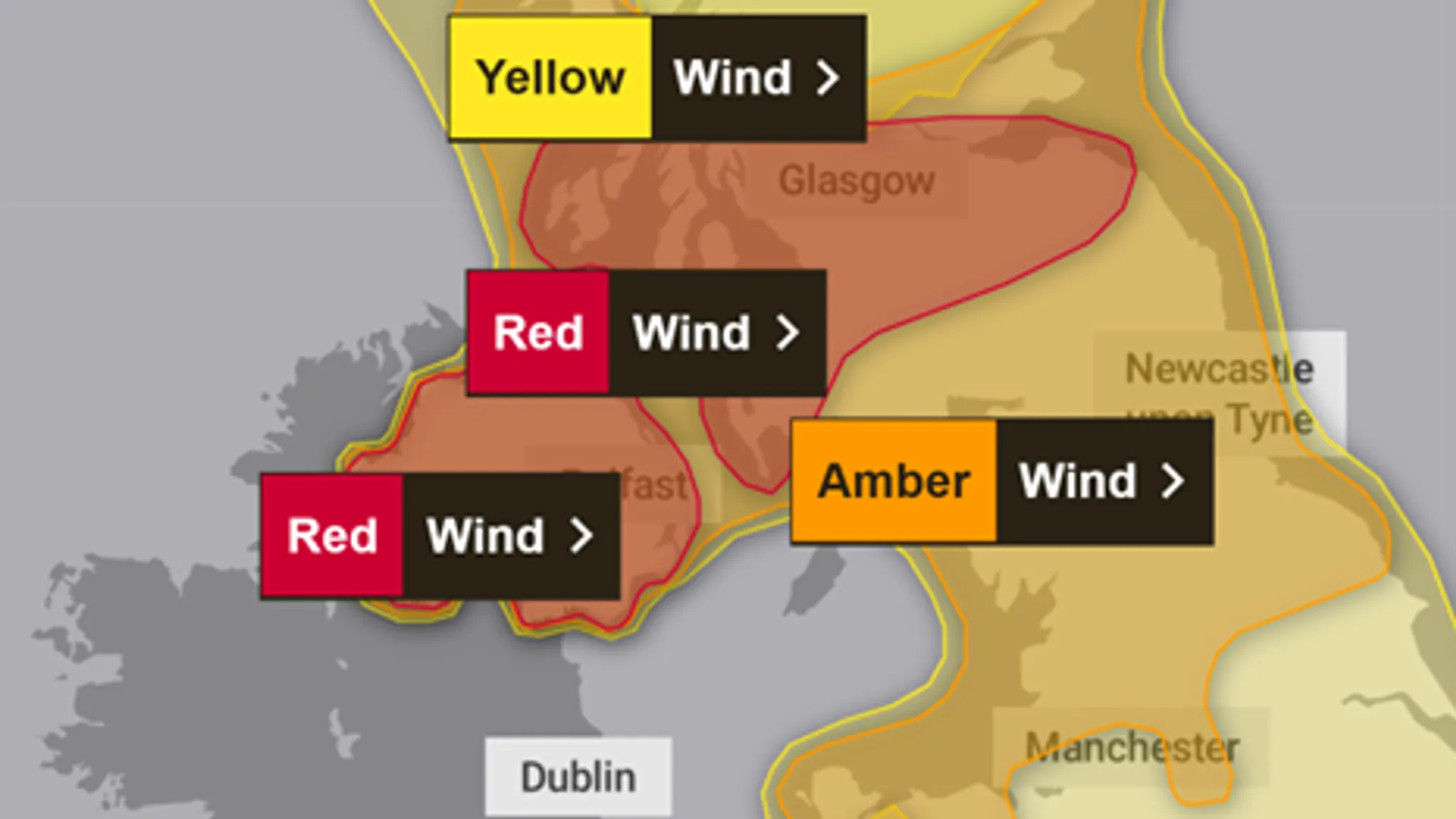
Leave a Comment